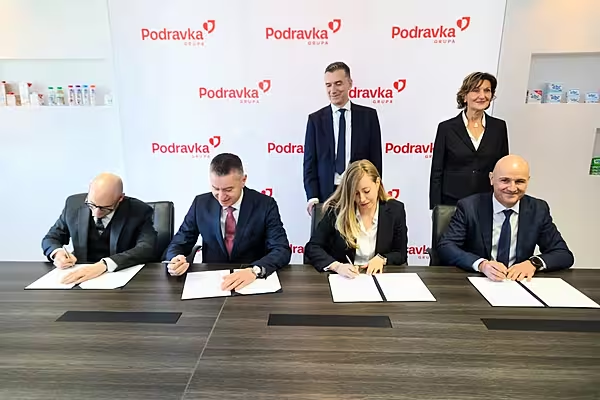A coalition of food innovation groups has come together to launch the Regenerative Innovation Portfolio, a new platform that seeks to leverage the potential for regenerative agriculture in Europe by 'demonstrating innovative pathways and scaling existing initiatives through new partnerships across agrifood value chains'.
Food innovation community EIT Food, which is supported by the European Institute of Innovation and Technology (EIT), a body of the European Union, is committing €15 million to the portfolio, which will be matched by corporate donors.
EIT Food said that it will match partner contributions of €5 million per year over three years, building up to a potential total investment of €30 million.
The portfolio will take a 'landscape-level' approach, going beyond individual farms to consider broader collaborative approaches that span a myriad of sectors.
The portfolio has already identified five potential priority areas where multiple stakeholders, including regional governments, investors, and retailers, have mutual interests and complimentary sourcing needs.
Where activities in the portfolio generate a return, this will be re-invested in the portfolio, with all funding used to launch ecosystem development and learning initiatives, as well as support initiative participants with applications for external funding, including government subsidies, public and private grants, and VC and angel investments.
'Future-Fit Food System'
“It is crucial that we establish a future-fit food system for all: a transition that can only be achieved by prioritising systemic, regenerative approaches to agriculture, in a way that keeps farmers front and centre and fosters collaboration between all stakeholders in the food chain," commented Richard Zaltzman, chief executive of EIT Food.
“By matching funding from partners that invest in landscape level collaborations in the Regenerative Innovation Portfolio, EIT Food aims to enable a significant commitment to the regenerative transition within Europe.”
Multiple Benefits
Corporate entities involved in the portfolio stand to gain several benefits from the collaborative, landscape-based approach, EIT Food said.
In practice, farmers supply a variety of commodities to multiple stakeholders rather than a single off-taker. Thus, close collaboration among off-takers becomes crucial to enable the production of a wide range of regenerative crops and products at scale.
To achieve this goal, the portfolio brings together off-takers and promotes innovative, cross-value chain sourcing models. Moreover, by sharing costs, knowledge, and experiences, the portfolio will enable corporates to leverage complementary capabilities and resources.














